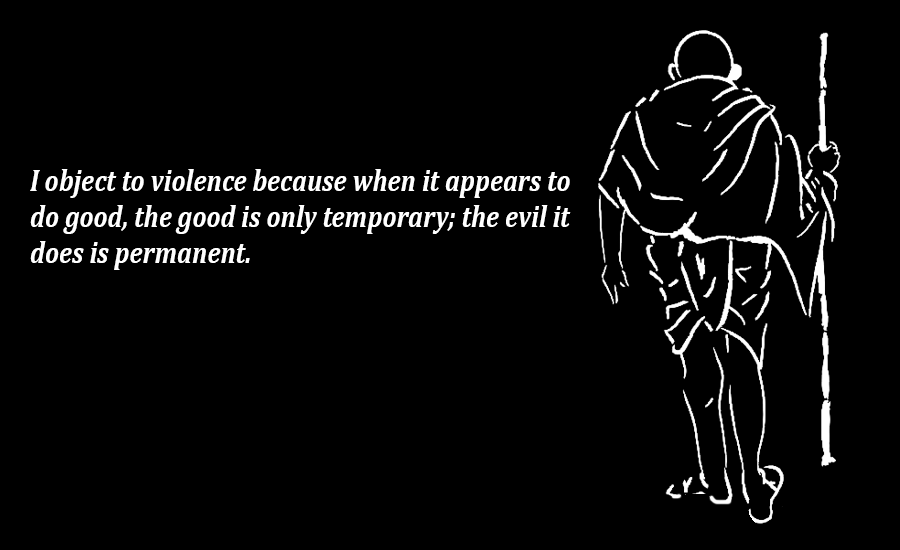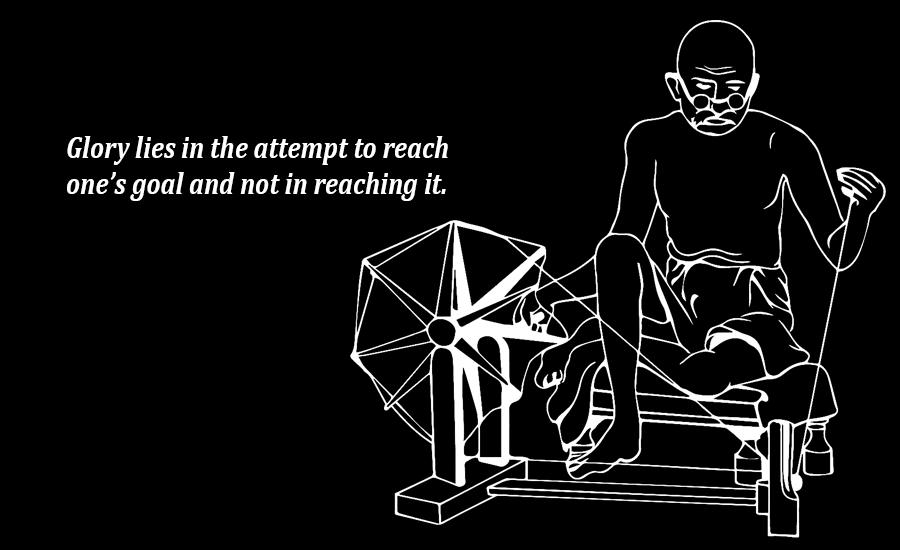
Gandhi Jayanti 2019: Celebrating 150 Years of Mahatma And His Ways
Named the Man of the Year in 1930 by the Time magazine, Gandhian philosophies and his globally celebrated concept of satyagraha continue to inspire generations across the globe. Hailed as the “Father of the nation,” discrete people have distinct opinions on the man who led India’s independent moment.

Born on 2nd October 1869, in Porbandar, Gandhi was the force that led several renowned movements during the British rule. From Dandi Salt March to protest against the British-imposed salt tax to the Quit India Movement, a mass protest demanding British withdrawal from India and leveraging the Khilafat moment to not only unite Muslims and other sections but also use it as a means to expand support against the British rule.

Moreover, Gandhi after completing his education at University College London spent 21 years in South Africa practicing law. Employed as a lawyer in South Africa during the Apartheid era, he was bothered by the acts of racism and discrimination. He himself faced racism at several instances including the one when he was not allowed to sit with European passengers in the coach. Thereafter, he led several social campaigns in the country.

Gandhi was also a social activist who campaigned for women’s rights, reduction of poverty and also promoted the importance of cleanliness. Gandhi also wrote several books namely The Story of my Experiments with Truth, Hind Swaraj, Constructive Program- Its Meaning and Place and many more.

Gandhi was bestowed the title of “Mahatma” by Rabindranath Tagore. He was nominated for the Nobel Peace Prize five times between 1937 and 1948 though he was never awarded the prize.

The revolutionary and much needed Swacch Bharat Abhiyan that turns 5 today has been dedicated to Gandhi and has certainly touched many lives and cities. However, a lot more needs to be done to shape an India that Gandhi imagined.

Today, as we celebrate the 150th birth anniversary of Gandhi, his absence might not make a difference among the masses, however, his non-violent ways to protest are something that the world needs to carry forward.

Gandhi was assassinated on 30th January 1948, at a prayer meeting at Birla House in Delhi, by Nathuram Godse who shot him three times in the chest, at point-blank range.




